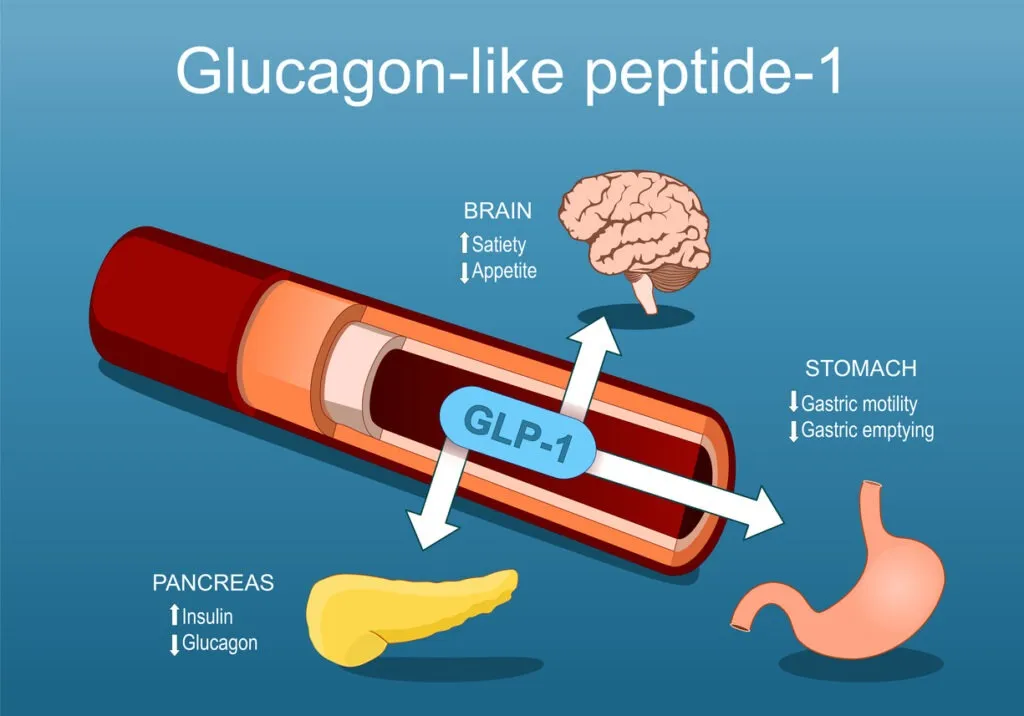Recent research suggests that medications for type 2 diabetes of the GLP-1 class, such as Ozempic or Mounjaro, could offer an additional benefit beyond glycemic control: reduce the risk of dangerous blood clots in people with diabetes.This finding represents a new potential advantage for those who use these treatments.
What are blood clots or TEV?
Venous thromboembolism (TEV) is a serious complication that includes:
- Pulmonary embolisms (EP): clots that move to the lungs.
- Deep venous thrombosis (TVP): clots that are usually formed on the legs.
Both types of TEV may require hospitalization and, if not treated, even be mortal.
The study: Risk reduction with GLP-1 medications
The team of researchers, led by Dr. Rushad Patell, analyzed the data of more than 558,000 patients in the United States.They compared people who used GLP-1 medications with those who took an older medication, called DPP4I.The results were encouraging:
- People who took LPG-1 had 20% less risk of developing TEV compared to those used by DPP4I.
- On average, only 6.5 people per 1,000 who took LPG-1 experienced a TEV in a year, compared to 7.9 per 1,000 in the group with DPP4I.
The reduction was consistent for both pulmonary embolisms and deep venous thrombosis, and the benefits were observed both in obese patients and those who were not.
Why could GLP-1 reduce the risk of clots?
Although researchers have not identified the exact mechanism, they raise two possible explanations:
- Weight loss: GLP-1 medications are known for promoting weight loss, which could influence risk reduction.
- Alternative mechanisms: There could be a direct effect of medications on biological processes that reduce clot formation.
More studies will be needed to confirm these hypotheses and better understand how LGP-1 achieve this benefit.
Implications for patients and doctors
Although the results are preliminary and are based on a retrospective analysis, findings can help guide clinical decisions.According to Dr. Patell:
"If the risk of clots is a factor to consider in the treatment of a patient with diabetes, the agonists of the GLP-1 receiver could be a favorable option."
Conclusion
This study emphasizes how GLP-1 medications not only help control type 2 diabetes, but they could also offer additional protection against serious complications such as blood clots.Although more research is needed, current data provides hope to further improve diabetes and their associated risks.
What do you think about this discovery?
If you are taking a GLP-1 medication or have doubts about your treatment, share your experience or ask in the forum!Together we can learn more.🌟


